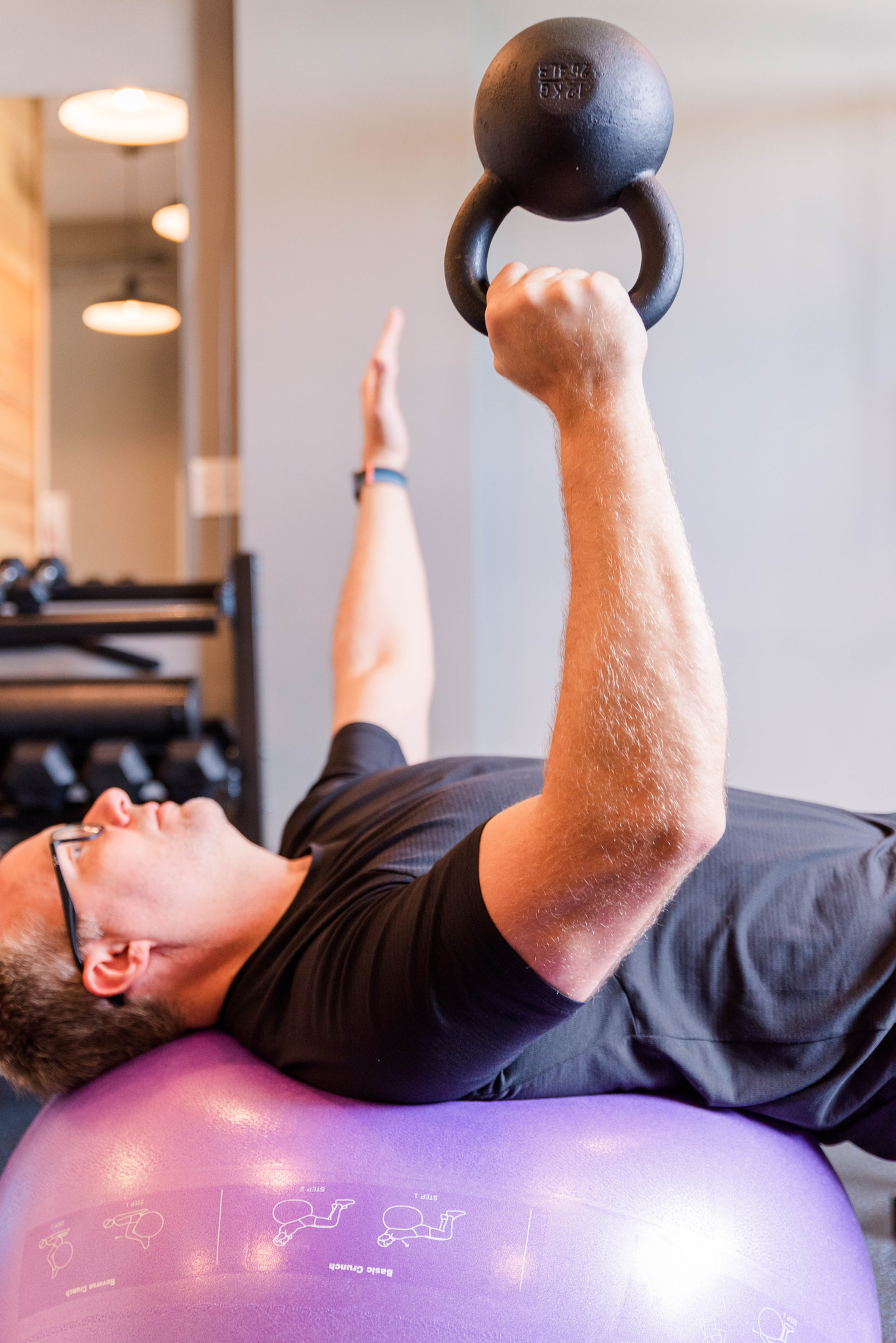January 16th, 2024
5 reasons why building and maintaining muscle mass is critical
Muscle mass is a vital component of our overall health and well-being that should not be overlooked. Beyond the aesthetic benefits of a toned physique, preserving muscle mass plays a crucial role in various aspects of our lives. In this blog, we’ll explore five reasons why it’s essential to prioritize the maintenance of muscle mass throughout our lives.
METABOLISM AND WEIGHT MANAGEMENT
One of the primary reasons to maintain muscle mass is its impact on metabolism. The primary goal of metabolism is to maintain the body’s essential functions, such as growth, repair, and energy production. The metabolic rate, or the speed at which these processes occur, determines how efficiently our bodies burn calories and utilize nutrients. Factors such as age, genetics, and physical activity influence metabolism, with a higher metabolic rate generally associated with increased calorie expenditure and, consequently, easier weight management.
Muscles are metabolically active tissues, meaning they burn more calories at rest compared to fat. As we age, our metabolism tends to slow down, leading to weight gain and an increased risk of obesity-related diseases. By preserving and even increasing muscle mass through regular exercise, you can boost your metabolism, making it easier to manage weight and prevent unwanted fat accumulation.
Excess fat can increase your risk of chronic and cardiovascular disease, joint problems, and respiratory issues, among a laundry list of other negative outcomes. A smart exercise program— whether online, in the gym, with a virtual personal trainer or an in home trainer—coupled with a healthy diet is the best way to manage your weight.
FUNCTIONAL INDEPENDENCE
According to Forbes (2023), “age-related muscle loss is a serious concern for older adults, often leading to a decrease in quality of life.” Strong muscles support overall mobility, balance, and coordination, reducing the risk of falls and injuries. Simple, in home activities such as climbing stairs, carrying groceries, or getting up from a chair become easier when your muscles are in good condition.
Functional independence is also crucial for maintaining a high quality of life and overall well- being. When we are functionally independent, we can engage in routine tasks such as dressing, bathing, cooking, and mobility without assistance. This autonomy fosters a sense of dignity, self- worth, and accomplishment. Functional independence also contributes to mental and emotional well-being by promoting a positive self-image and reducing feelings of dependence. Maintaining the capability to carry out daily activities independently also enhances social participation, allowing us to stay connected with our communities and maintain relationships.
As we age, preserving functional independence becomes increasingly vital, as it not only ensures a more fulfilling and active lifestyle but also reduces the burden on caregivers and healthcare systems. Emphasizing and promoting functional independence through regular physical activity, healthy lifestyle choices, and adaptive strategies is essential for fostering autonomy and longevity.
BONE HEALTH
Muscles and bones are interconnected systems that work together to support the body. Regular weight-bearing exercises, which stimulate the muscles, also contribute to bone health. By maintaining muscle mass, you can help prevent conditions like osteoporosis, as the stress placed on bones during muscle contractions encourages the retention of bone density. This is particularly important for women, who are more prone to osteoporosis as they age.
METABOLIC HEALTH
Beyond weight management, muscle mass plays a key role in maintaining metabolic health. Skeletal muscles are involved in glucose metabolism, and insulin sensitivity is closely linked to the amount of lean muscle mass in the body. People with higher muscle mass are often more efficient at regulating blood sugar levels, reducing the risk of developing type 2 diabetes. Regular resistance training, which targets the muscles, has been shown to improve insulin sensitivity and overall metabolic function.
If you’re concerned about your risk for type 2 diabetes, talk to your doctor about how exercise can help. Working with an online or in home personal trainer is a great way to learn the basics of strength training with security, privacy, and comfort.
MENTAL WELL-BEING
Physical health is intimately connected to mental well-being, and maintaining muscle mass is no exception. In fact, studies show that “resistance training specifically can help increase cognition levels and self-confidence, and decrease feelings of depression and anxiety” (Men’s Health, 2023). The release of endorphins during exercise contributes to an overall sense of well-being, and the confidence that comes with a strong and capable body can positively impact self-esteem.
On top of this, the physical transformations that accompany muscle development often lead to a positive body image, fostering a sense of pride and confidence in your appearance. Achieving fitness goals, whether it’s lifting heavier weights, completing challenging workouts, or sculpting specific muscle groups, provides a tangible sense of accomplishment.
FINAL WORDS
In the pursuit of a healthy and fulfilling life, preserving muscle mass should be a priority for individuals of all ages. From boosting metabolism and aiding in weight management to supporting functional independence and preventing chronic diseases, the benefits of maintaining muscle mass are far-reaching. Incorporating regular strength training exercises into our routines, along with a balanced diet, can contribute not only to a sculpted physique but, more importantly, to a resilient and vibrant life.
If you could use some help doing that, we’re here for you! We work with clients in several locations – including Toronto, Ottawa, London, Hamilton and Collingwood. Not in those service areas? We also train offer virtual personal training. Click here to request a free first workout.

